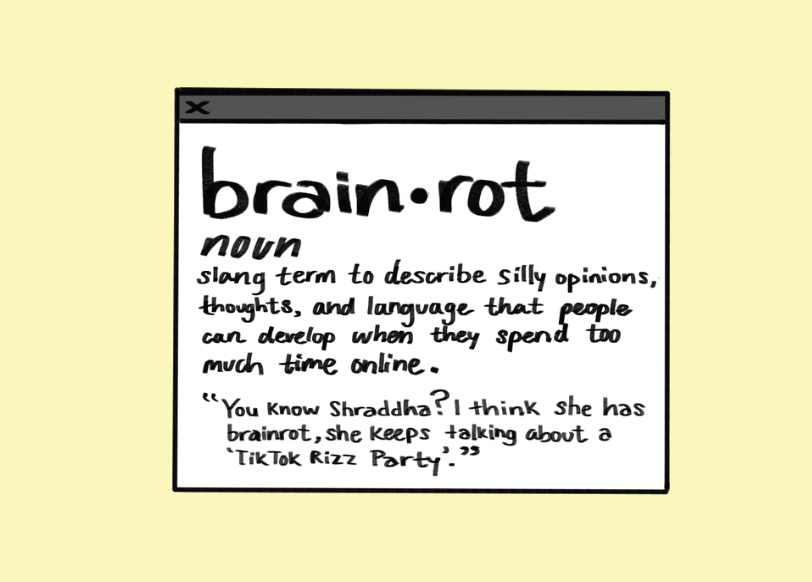Stemming from the civil rights movement, Affirmative Action was created to prevent unlawful discrimination amongst applicants in employment and educational opportunities. Most notably during the college process, Affirmative Action enforced the consideration of race or ethnicity when admitting students — specifically at more selective schools such as Ivy League institutions. Minority groups stood to benefit from Affirmative Action the most as they are most susceptible to unequal access to education. Installing racial quotas into the admissions process, made it more socio-economically equitable, creating a chance for the socio-economically disadvantaged to overcome the systemic barriers of higher education.
But over time, opinions shifted, with questions about whether Affirmative Action’s methods of addressing the issue of diversity and inclusion could be considered discriminatory against white and Asian-American students. Under violation of the 14th Amendment’s equal protection clause, Affirmative Action was struck down, but this resolution begs another question: should legacy admissions still exist?
Legacy admissions are when students of donors or past alumni — usually of a selective private university — have significantly higher chances of getting into a school than the average applicant. Institutions place such an urgency for diversity, yet allow the overturn of legislation that was passed to help serve underrepresented communities of color, and still continue the practice of benefiting the socioeconomically privileged.
With entry to top institutions becoming increasingly difficult, it is a wonder that Affirmative Action has been overturned while legacy admissions have not. From as early as the 1920s, legacy admissions have allowed elite universities to discriminate against less privileged students. Up until the 1960s, used as an effort to keep Jewish immigrants out of historically Protestant universities, legacy status practically guaranteed admission into many top private schools in the country. It is often argued that the boost that legacy admissions offer is slim to none, but the truth is that in a world where admissions become more difficult every year, every advantage matters. Even if legacy status does not offer as prominent of a boost nowadays, the message it sends is still highly damaging. The mere perception of legacy admissions creating an unfair admissions process discourages students from underrepresented backgrounds from even applying. It is not ethical to allow an advantage solely based on the fact that their parents attended the university or made a sizable donation.
As society progresses towards greater inclusivity and diversity, admission practices must reflect these values. Advocating for the continuation of legacy preferences while simultaneously opposing Affirmative Action is not only inconsistent but also reinforces systemic inequalities. They serve as a glaring reminder of the historical exclusivity of elite institutions, favoring applicants based on their familial connections rather than merit or potential. In a landscape where access to top-tier education is increasingly competitive, legacy preferences offer an unfair advantage to those who are already advantaged by their family background. It is time for universities to reevaluate their admissions criteria and prioritize fairness and meritocracy.















